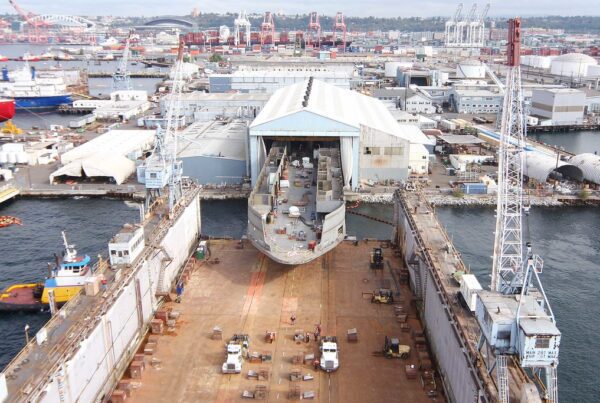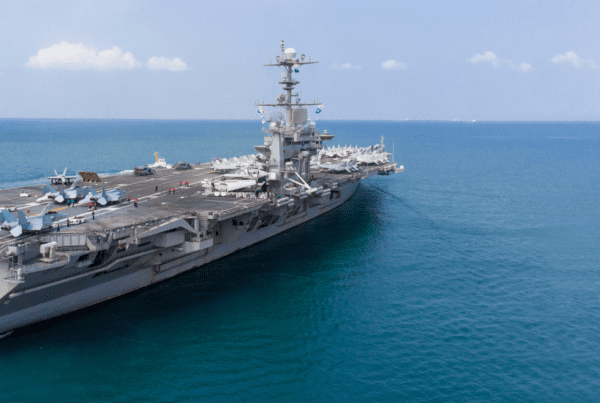International Women in Engineering Day, this year on the 23rd June 2017, is an annual celebration of the fantastic impact that women make to engineering internationally. It aims to recognise the women already working in the industry, and showcase the opportunities to future generations.
In support of this important day, Marine People and the IMarEST will be showcasing amazing international female engineers in our weekly blog. We want to demonstrate the diverse roles available within engineering, the career development opportunities, and provide some insight in to what it is like to be a female engineer in various parts of the world. We are passionate about showcasing the fabulous opportunities to women in maritime engineering, because we believe it is an exciting, varied and progressive career.
So, let us introduce this weeks featured engineer:

Sarah Hinds, a Chief Engineer, working for an oil and gas company based in the UK. Here is her interview:
1) How long have you been in engineering and what is your role?
I have been involved in Marine Engineering for almost 20 years. In that time, I have risen through the ranks of Engineering Cadet, right through to Chief Engineer. I am currently Chief Engineer on a DP3 Well Intervention/Dive support vessel working in the Oil and Gas Industry.
2) Why did you become an engineer?
I have always been interested in doing something different, and I didn’t want to do something that was expected of me. I also knew that I wanted to work at sea. Coming from the land locked location of Nottinghamshire, my early careers advice was poor, and I had no idea that the Merchant Navy even existed. After finding out about the world of possibility of working at sea, I initially started my cadetship on the deck side. After my first trip to sea, I knew that the deck side wasn’t for me. I spent time in the Engine room and loved it! It went from there. I had to restart my cadetship a year later, but I knew that engineering was the direction I wanted my career to go in.
3) What are the best parts of your role?
I love the fact that every day can throw something different into the mix. No two days are the same, and I love the challenge that the job can present. At any given time, breakdowns can occur that have the potential to cause downtime of the vessel, which is highly undesirable and costly. As Chief Engineer, it tends to be all eyes on me for answers and solutions which can be stressful. On the flip side though, when breakdowns are fixed, it’s good to get the recognition of your experience. In a senior role on a ship, it is great to impart my knowledge on to my more junior engineers, and I love to see people grow in their roles.
4) What challenges have you encountered?
Many! My climb to the top of my industry has been tough. Long spells of time away from home and your support network of family and friends is difficult, and there have been times when I have just wanted to give it all up. However, there is an inner strength that knows you need to persevere, and I am so glad I have. The engineering side of my job is challenging, but even more challenging is dealing with people. Times are changing and for the better, but there are still people who don’t feel that a woman’s role is working at sea. It has taken grit and determination to prove them otherwise.
5) Why is it important to get more women in to engineering?
Women represent half the worlds population, and their skills should be utilised. There is a well-publicised worldwide shortage of engineers, and anyone who can be encouraged into the role, whether they be male or female, will all contribute to a better and brighter future.
6) What would you say to girls still in school who are thinking about engineering? How would you encourage them?
Just go for it. Engineering is such a broad and diverse subject, so it’s probably worth researching what really interests you and taking it from there. Whether it be mechanical, electrical, marine, process or many, many other fields of engineering, it’s a career that can offer enormous potential for career development, and a job for life. The world needs engineers!
7) What advice do you have for students just starting out?
It might seem daunting at first. You will probably be learning whole new levels of terminology and expressions, that you have never heard in your life before. All I can say is that learning when you are younger will set you up for life in a career that is ever evolving, and changing for the better.
For more information on International Women in Engineering Day please visit http://www.inwed.org.uk/





